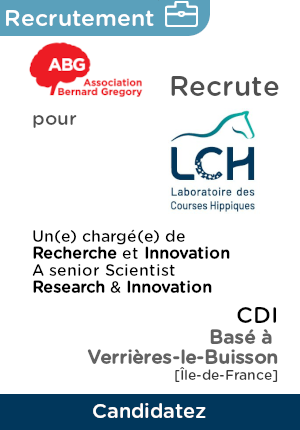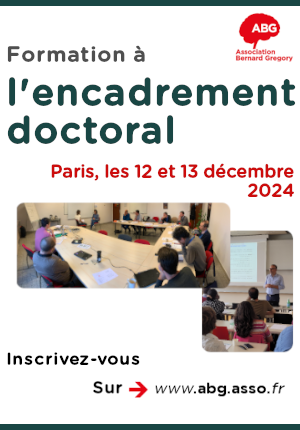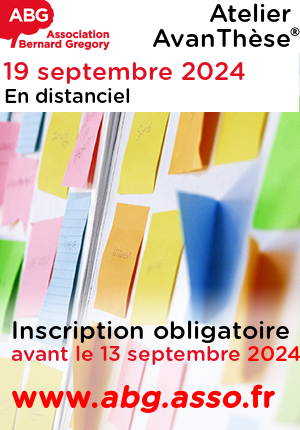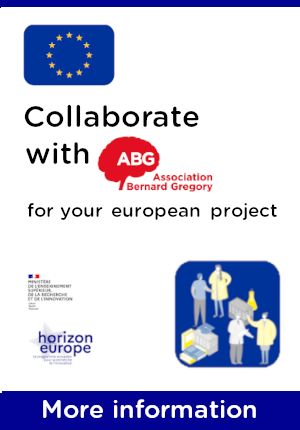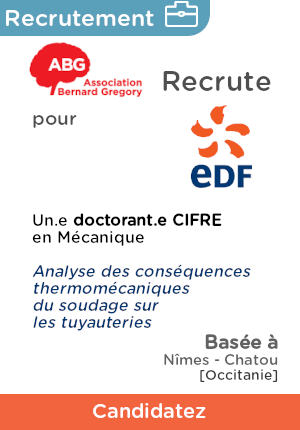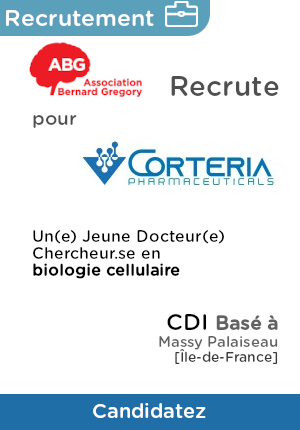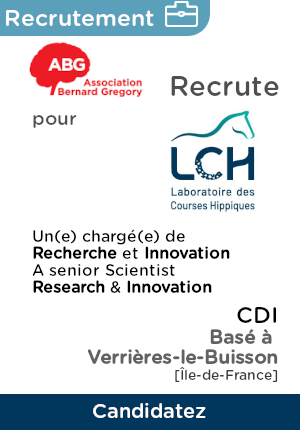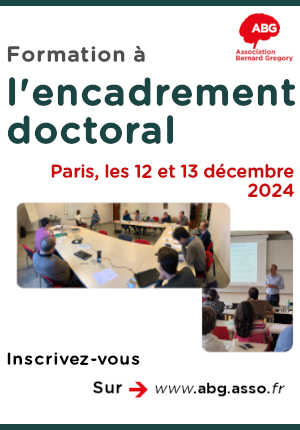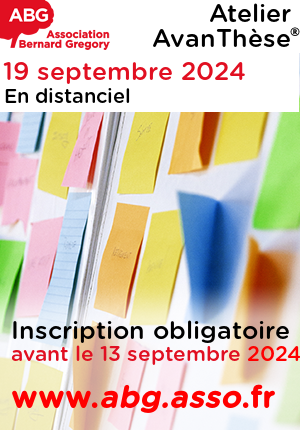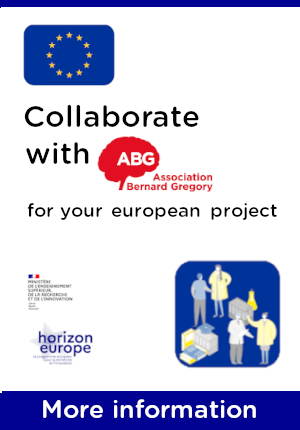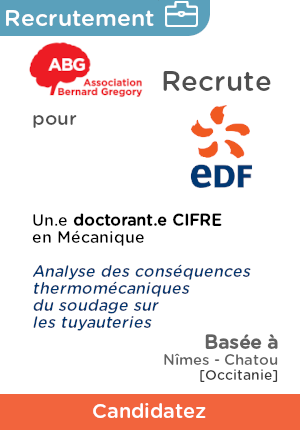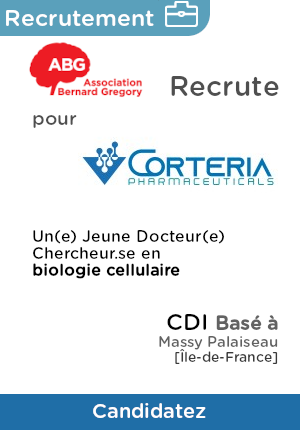Postdoctoral researcher for the methodological development of the quantification of radionuclide in decommissioning waste (M/F)
| ABG-124736 | Emploi | Junior |
| 28/06/2024 | CDD 24 Mois | > 35 et < 45 K€ brut annuel |
Employeur
Work Context
The Hubert Curien pluridisciplinary Institute, a joint research unit under the joint supervision of the CNRS and the University of Strasbourg (UMR7178), is a multidisciplinary laboratory where research teams from different scientific backgrounds (ecology, physiology and ethology, chemistry and subatomic physics) develop very high-level programs based on scientific instrumentation. The IPHC is structured in 4 departments and has in total 393, including 257 permanent staff (119 researchers and 138 engineers and technicians), 46 staff on fixed-term contracts and 102 doctoral students.
The post-doctoral fellow will be under the supervision of Dr Lu Liu, junior professor at the Radiochemistry-IPHC and Dr Nicolas Arbor, lecturer at the DeSIs-IPHC.
The position is located in a sector under the protection of scientific and technical potential (PPST), and therefore requires, in accordance with the regulations, that your arrival is authorized by the competent authority of the MESR
Site web :
Poste et missions
Missions
L‘Institut Pluridisciplinaire Hubert Curien est impliqué depuis plusieurs années dans des projets de recherche en lien avec le démantèlement des installations nucléaires et des accélérateurs de particules, plus spécifiquement au niveau des problématiques de caractérisation des déchets radioactifs en vue de leur stockage. Le post-doctorant ou la post-doctorante fera partie de l’équipe Radiochimie et travaillera en étroite collaboration avec l’équipe DeSIs (Dosimétrie Simulation Instrumentation) de l’IPHC. Il ou elle sera en charge du développement méthodologique de la quantification des radionucléides difficile-à-mesurer (Difficult-To-Mesure, DTM) dans des déchets de démantèlement, en particulier des déchets métalliques. Il ou elle devra mener un travail expérimental sur la séparation/quantification des DTM dans des métaux activés, ainsi qu’un travail de simulation au moyen de codes Monte-Carlo pour prédire la quantité de DTM dans les métaux cibles. Par ailleurs, Le post-doctorant ou la post-doctorante serait impliqué(e) dans un autre projet lié à la mesure des radionucléides DTM telle que I-129 dans l’environnement.
Activités
• Rechercher la bibliographique des méthodes de séparation des radionucléides DTM (conventionnels et exotiques) dans un contexte de démantèlement de centrales nucléaires.
• Prendre en charge du montage expérimental pour le développement des méthodes de séparation et quantification des radionucléides DTM dans les métaux sélectionnés
• Utiliser des codes de simulation Monte-Carlo (FISPACT-II, Geant4, MCNP, …) pour simuler la quantité des radionucléides DTM dans les matériaux produits par activation neutronique
• Rédiger des notes de recherche et des publications
• Participer à des conférences et workshops
_______________________
Missions
The Hubert Curien pluridisciplinary Institute (IPHC) has been involved since several years in research projects related to the decommissioning of nuclear facilities and particle accelerators, more specifically in the characterization of radioactive waste for waste management. The post-doctoral fellow will be part of the Radiochemistry team and will work in close collaboration with the DeSIs team (Dosimetry Simulation Instrumentation) of the IPHC. He/she will be in charge of the methodological development of the quantification of Difficult-To-Measure (DTM) radionuclides in decommissioning waste, in particular metallic waste. He/she will carry out experimental work on the separation/quantification of DTMs in activated metals, as well as simulations using Monte-Carlo codes to predict the amount of DTMs (such as Tc-99, Ni-63, Fe-55) in target metals.
Activities
• Bibliographic research of separation methods for DTM radionuclides (conventional and exotic) in the context of decommissioning
• Taking charge of the experimental set-up for the development of separation methods and quantification of DTM radionuclides in the selected metals
• Use of Monte-Carlo simulation codes (Geant4, MCNP, ...) to simulate the quantity of DTM radionuclides in materials produced by neutron activation
• Writing of research notes and publications
• Participation to conferences and workshops
Mobilité géographique :
Profil
• Possession d’un doctorat en radiochimie, ou chimie analytique
• Bonne connaissance des techniques de séparation et solides notions en chimie radio-analytique (chromatographie sur colonne, extraction solide/liquide, ICP-MS, CI, spectroscopie gamma, compteur de scintillation liquide)
• Savoir-faire dans la manipulation de matière radioactive
• Connaissance de la physique nucléaire et la simulation Monte-Carlo sera appréciée
• Travail en équipe
• Maîtrise de la langue anglaise (lu, écrit, parlé) de niveau B2 selon le cadre européen commun de référence pour les langues
___________________
• Possession of a PhD in radiochemistry or analytical chemistry
• Good knowledge of separation techniques and strong notions in radioanalytical chemistry (column chromatography, solid/liquid extraction, ICP-MS, IC, gamma spectroscopy, liquid scintillation counter)
• Knowledge of handling radioactive material
• Knowledge of nuclear physics and Monte-Carlo simulation will be appreciated
• Team work
• Good command of English (reading, writing, speaking) at level B2 according to the Common European Framework of Reference for Languages
Vous avez déjà un compte ?
Nouvel utilisateur ?
Vous souhaitez recevoir nos infolettres ?
Découvrez nos adhérents
 CESI
CESI  SUEZ
SUEZ  Tecknowmetrix
Tecknowmetrix  CASDEN
CASDEN  MabDesign
MabDesign  Ifremer
Ifremer  MabDesign
MabDesign  Groupe AFNOR - Association française de normalisation
Groupe AFNOR - Association française de normalisation  Institut de Radioprotection et de Sureté Nucléaire - IRSN - Siège
Institut de Radioprotection et de Sureté Nucléaire - IRSN - Siège  ANRT
ANRT  PhDOOC
PhDOOC  Généthon
Généthon  TotalEnergies
TotalEnergies  Aérocentre, Pôle d'excellence régional
Aérocentre, Pôle d'excellence régional  Nokia Bell Labs France
Nokia Bell Labs France  Institut Sup'biotech de Paris
Institut Sup'biotech de Paris  ONERA - The French Aerospace Lab
ONERA - The French Aerospace Lab  ADEME
ADEME  Laboratoire National de Métrologie et d'Essais - LNE
Laboratoire National de Métrologie et d'Essais - LNE
-
EmploiCDIRef. ABG124941Corteria PharmaceuticalsMassy-Palaiseau - Ile-de-France - France

Jeune Docteur, Chercheur en Biologie Cellulaire & Moléculaire (H/F)
BiologieNiveau d'expérience indifférent -
EmploiCDIRef. ABG123642Laboratoire des Courses Hippiques (GIE LCH)Verrières-le-Buisson - Ile-de-France - France
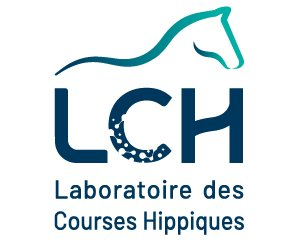
Chargé(e) de Recherche et Innovation (H/F) / Senior Scientist Research & Innovation (M/F)
Chimie - BiochimieConfirmé -
EmploiCDDRef. ABG125071KTHStockholm - Suède
ERC-funded postdoc position on the detection of gas-phase organic radicals, KTH, Stockholm, Sweden
Chimie - Physique - Sciences de l’ingénieurNiveau d'expérience indifférent

